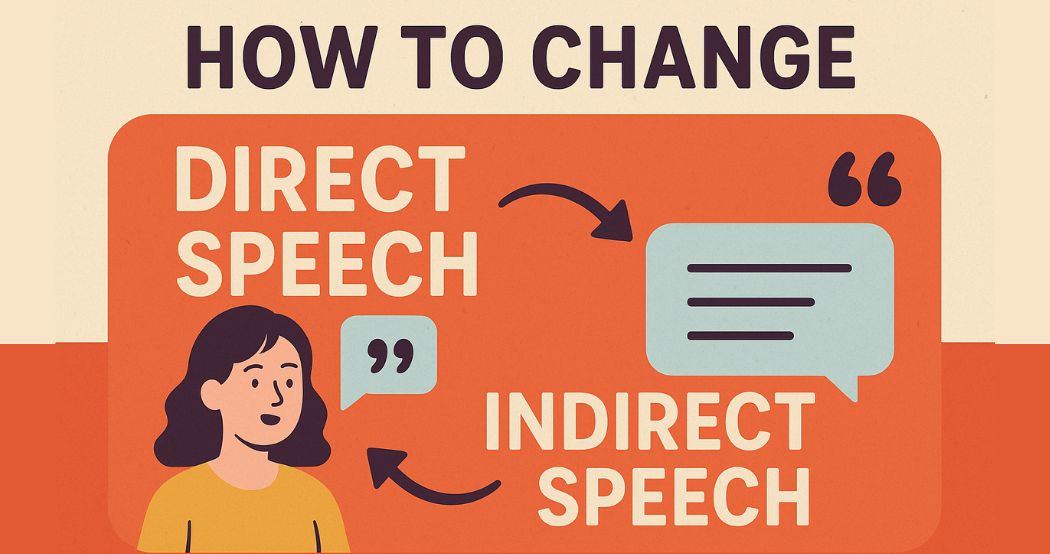Direct Speech is another important lesson in English Language. In order to have a good communication, it is very important to speak properly. Hence, direct speech was invented so that the speaking barrier in communication could be dissolved. Direct Speech means reporting something in the exact words of the speaker. On the other hand, Indirect Speech means, reporting something not in the speakers words but in our own words. For Example:
Direct Speech: The girl said, ‘I want to read the new book’.
Indirect Speech: The girl wants to read the new book.
Rules to change Direct Speech into Indirect Speech:
- Remove all the inverted commas and quotation marks.
- Always end the sentence with a full stop.
- The tenses of the verbs inside the quotation marks and commas should be changed. For Example:
- Direct Speech:Raj said, ‘I have to be in the meeting by 3:00 p.m’.
- Indirect Speech:Raj said that he would have to be in the meeting by 3:00 p.m.
- Direct Speech:Mani said, ‘I met Salina yesterday’
- Indirect Speech: Mani said that she had met Salina yesterday.
When the verbs inside the comma and quotation marks express universal truth we usually not change its tense. For example:
- Direct Speech:He said, ‘All people have equal rights’
- Indirect Speech:He said that all people have equal rights.
Pronouns should be used appropriately.
- Direct Speech:He says, ‘I will come’.
- Indirect Speech:He says that he will come.
The Direct and Indirect speech are not hard once understood properly. They can be very helpful in our day-to-day life as well.









